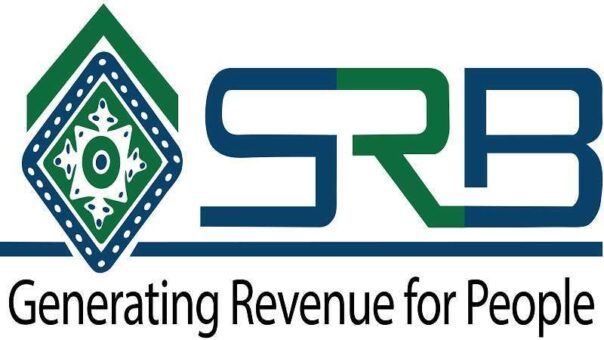Karachi, December 18, 2023 – The Sindh government has formally invited tax proposals for the upcoming budget for the fiscal year 2024-25. The call for proposals comes from the Sindh Revenue Board (SRB), the provincial tax agency, which has set a deadline of January 29, 2024, for submissions.
The SRB, through an official memorandum, emphasized its commitment to involving all stakeholders in the budgeting process. The memorandum stated that it has been a consistent policy of the SRB to consult Chambers, Associations, groups, and taxpayers to gather their views, proposals, and suggestions before finalizing budgetary considerations.
To facilitate this consultative approach, the SRB has urged various entities, including chambers of commerce and industry, business councils, trade associations, tax bars, the Institute of Chartered Accountants, the Institute of Cost and Management Accountants, and individual taxpayers, to submit their written proposals by the stipulated deadline.
The provided format for submitting proposals by stakeholders includes specific details such as the name of the Act/Rules/Notification proposed to be amended, the section number, schedule number, tariff heading, rule number, and paragraph number involved. Additionally, contributors are asked to outline existing provisions/rate of tax, proposed provisions/rate of tax, provide reasons and rationale for the proposal, and estimate the revenue effect.
This initiative aligns with the principles of good governance, transparency, and democratic participation in decision-making processes. By inviting input from various segments of society, the Sindh government aims to ensure that the budget reflects the diverse needs and perspectives of the people it serves.
Stakeholders are encouraged to take advantage of this opportunity to contribute to the shaping of the fiscal policies for the upcoming year. The inclusion of business councils, trade associations, and professional accounting bodies demonstrates a commitment to incorporating expertise from various sectors.
The Sindh government’s decision to seek public input on tax proposals not only fosters a sense of civic participation but also enhances the credibility and legitimacy of the budgetary decisions. This participatory approach fosters a sense of ownership among citizens and organizations, recognizing their role in shaping the economic landscape of the province.
As the deadline approaches, the Sindh government anticipates a robust response from stakeholders, contributing to a more informed and inclusive budget-making process. The public’s engagement in submitting proposals ensures that the budget aligns with the economic realities and aspirations of the people of Sindh.
In conclusion, the Sindh government’s invitation for tax proposals represents a commendable effort towards inclusive and transparent governance. By involving a wide array of stakeholders in the budgetary discourse, the government seeks to craft policies that are not only economically sound but also resonate with the needs and aspirations of the people it serves.
